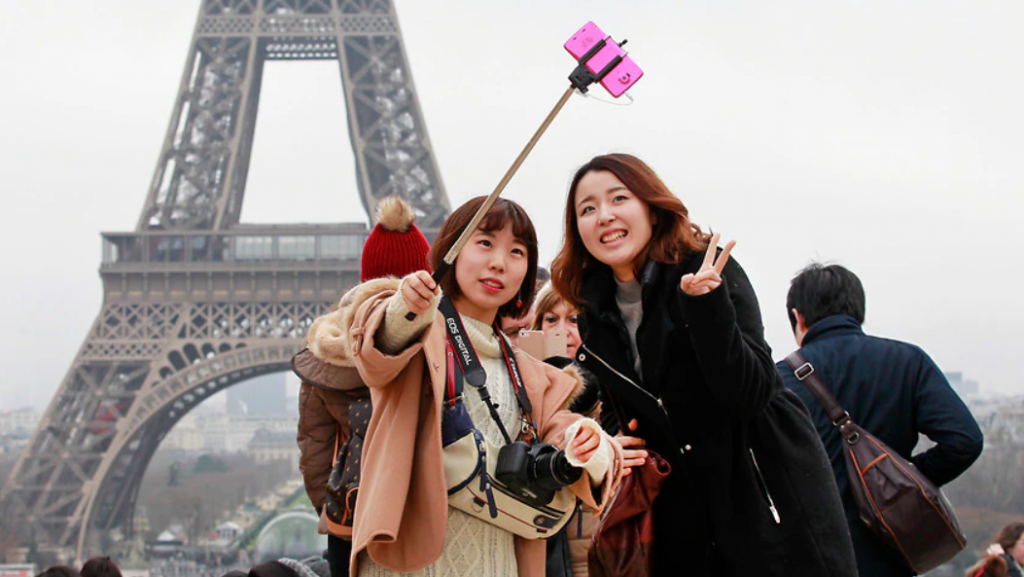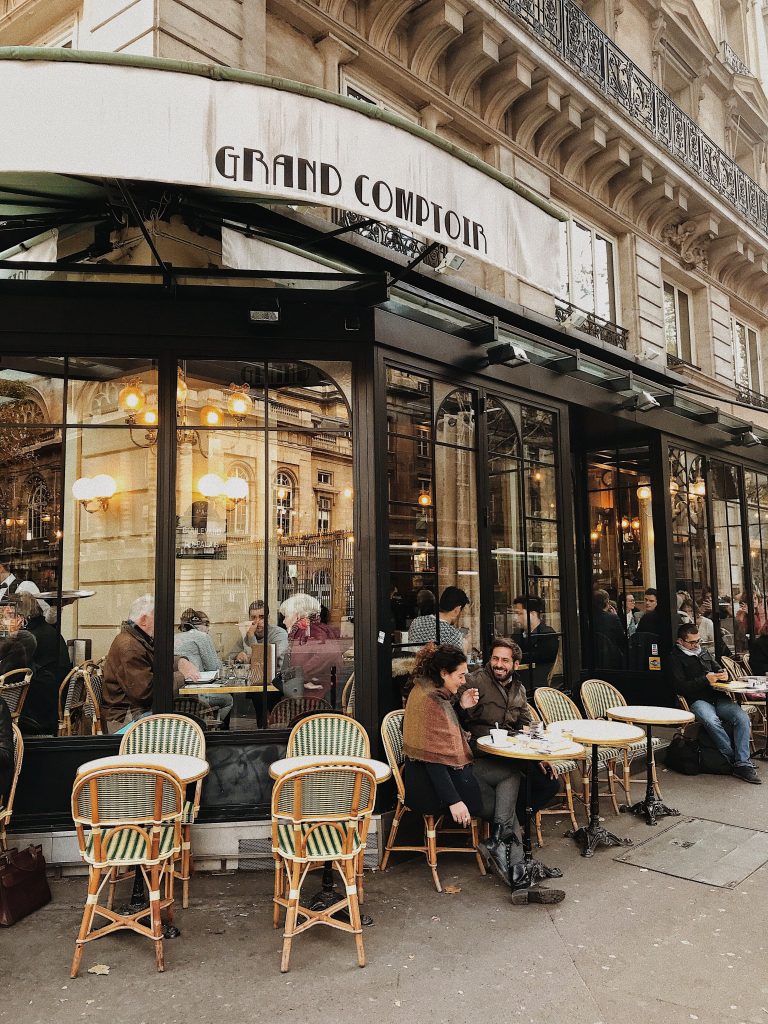Rare Diseases 101: Paris Syndrome

Paris Syndrome

Commonly known as the City of Light, Paris has the status of being one of the most visited cities in the world. In the shadow of movies, books, and artists, Paris has become a dream city for many people. However, when it comes to visiting, it turns out that it does not end up with a happy ending for everyone. In this condition which is called Paris Syndrome, tourists suffer from physical and mental problems contrary to their good expectations about Paris. It was first identified in the 1980s by a Japanese psychiatric working at Sainte-Anne Hospital Centre in France. It is usually seen among Asian people, mostly Japanese people.
Although it simply relates to culture shock or expectations, it has symptoms that will cause severe discomfort to the person. Symptoms mainly start with trembling, tachycardia, and continue with sweating, hallucinations, and severe anxiety.
Disappointment

There are two different assumptions about the reason for this condition. The first assumption is disappointment. Paris is one of the most dreamy cities throughout history. Today, it continues its glory as the heart of art, luxury, and fashion. Over-romanticized dreams also come along with this glory. It is inevitable that such a disappointment will occur in tourists who are under the influence of these factors and travel with great expectations. Besides, the Japanese media is also a powerful trigger factor. So, tourists being deceived by the advertisements of Japanese tourism companies, claim that Paris doesn’t feel the way it should be. Tourists waiting for a fairy tale with coffee shop-themed peaceful places. However, they encounter the crowded streets and the rushing life of the city, and unfortunately get disappointed. As a result, severe disappointment leads to Paris Syndrome.
Culture Shock
The second assumption is more related to culture shock. An individual learns to live a certain way according to the habits and customs of their own country throughout life. It is not unusual for the problem of alienation to arise when they travel to a culture very different from their own. The feeling of alienation arouses violent and uncontrolled reactions. Especially for Asian people, wearing masks in daily life without any epidemic or pandemic, cleanliness is an essential part of life. When they are a part of a society of people who are not as cautious as they are, they create an exaggerated fear by trying to avoid physical contact for health reasons. Their concerns about their health cover topics such as food, drinkable water, and accommodation.
With all these negative feelings, the language barrier can make tourists feel desperate and needy. Ultimately, all these negative factors affect tourists mentally, and give rise to Paris Syndrome.
Paris syndrome, which usually occurs in high-age tourists, is a very rare disease compared to the number of tourists coming from Asia. Yet, most of the tourists who come to Paris are still Asian.







